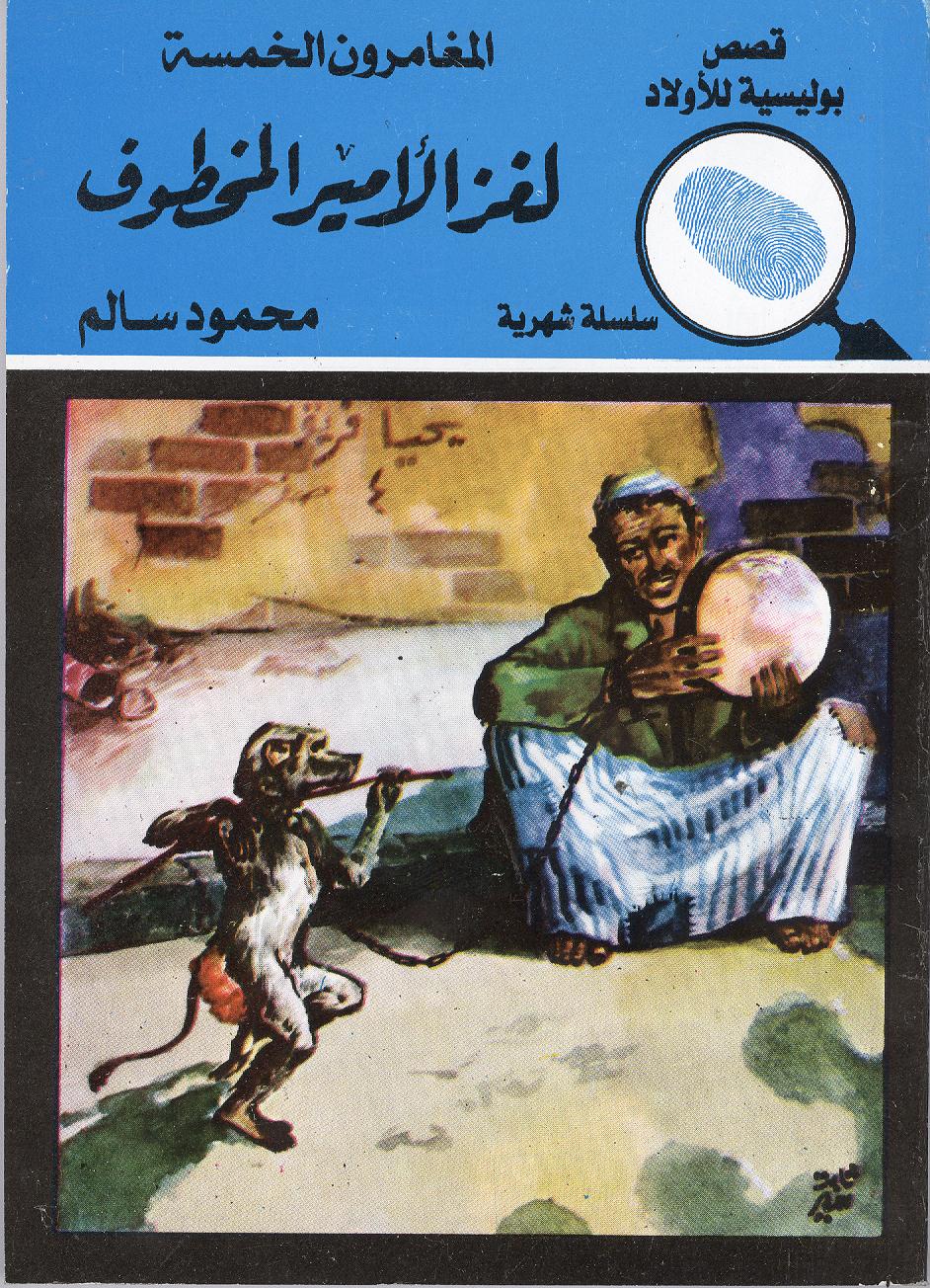
(AFP PHOTO)
By Nema El-Araby
A large number of young adults, in their twenties or early thirties, have lived the younger years of their lives somewhere in the Arabian Gulf, especially Saudi Arabia or the United Arab Emirates. It is actually quite common now to hear someone say: “I was raised in Saudi.”
This is why the 1980s generation has some very different memories than children living in Egypt now. They have seen how the technological revolution took a jump in a few years, moving from extra heavy computer screens and uncoloured Nokia phones to iMac laptops and countless magical smart phones. Their memories make them yearn so much for the early years, when technology did not really stand in the way of offline activities, including sports, reading, and the very mere idea of human interaction.
However, all of this is not what is interesting about this generation. There is something else. Something significant everyone could see when Gulf expatriates returned to their homeland, including who never travelled, but only encountered those who ‘just’ came back to Egypt to settle for good.
There is a very common phenomenon one would see in those youngsters (at that time); it is that their social life was so much different than people who have lived their entire life in Egypt, or those who have travelled on a regular basis but still lived here, communicated with everyone in the country just like they see others do.

(AFP PHOTO)
When a kid is raised in the Gulf, especially, they tend to be coy and have a very shy personality. They don’t talk much, and sometimes their engagement with the society is very limited because they are fearful of its newness, a society which is actually their own in the first place. You will usually see them silent in a debate, and, if they speak, everyone will probably make fun of them, which takes us to a different point.
The Egyptian slang is very different from other countries in this sense: it is the dialect with the lowest number of words from modern classical Arabic. Egyptians say words taken from Turkish, French (it would surprise you that Egyptians use many French words), even English words and sometimes Persian. Other Arabic-speaking countries, on the other hand, use numerous accurate classical Arabic words. Syrians, for instance, use many words that are very exact when used with the right pronunciation. Also, most people of the Arabian Gulf states speak classical Arabic well. Maghreb countries (in North Africa), however, may be a little different as a result of the French colonialism.
This means that a child enrolled to a school in Egypt for the first time after returning from a Gulf state would speak various classical Arabic words and be made fun of until they merge in the society. In this regard, it will take years of practice, and sometimes the kid, growing up, will realise how bad this is after discovering that, for example, Egyptians say a word that has a ‘j’ with a ‘ga’ instead, and the list goes on.
Of course this is just a small part of the problem. The larger part is actually integrating in the society to be less naïve and more clever. A child returning from abroad will be taken for granted a countless number of times. Sometimes other children will ask him for money and will never give it back, or take his lunch box with all of its sandwiches or juices on a daily basis. Thus, the impact of all these factors on the kid’s thinking and mentality is usually significant. They either grow up to be witty and very intelligent, or they grow up hating everything about the society and living a life on halt, waiting for the chance to escape once again and probably for good, nothing in between.
One cannot blame parents for the huge shift that has been literally imposed on the kid, since some parents in those years thought more financially. In all honesty, no one can blame them. But the very important question is: What should these families do to avoid any kind of confusion or even isolation their children would sometimes turn to in order to run away from the whole society?
This young generation no doubt will think at least thrice before doing this to their children. A generation like this has seen how different environments in different countries can affect a child drastically, and they will work as hard as they can to avoid any culture shock for the children. At least there is something to learn from this.
A final and fair point would be that those times, as hard as they might have seemed, were probably the best times of this generation’s life. Things were crazy, different, and absolutely unique. For those who have these memories, do not lose them. Keep them for your children.



